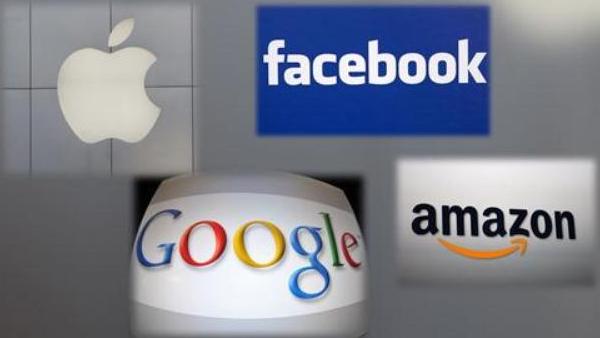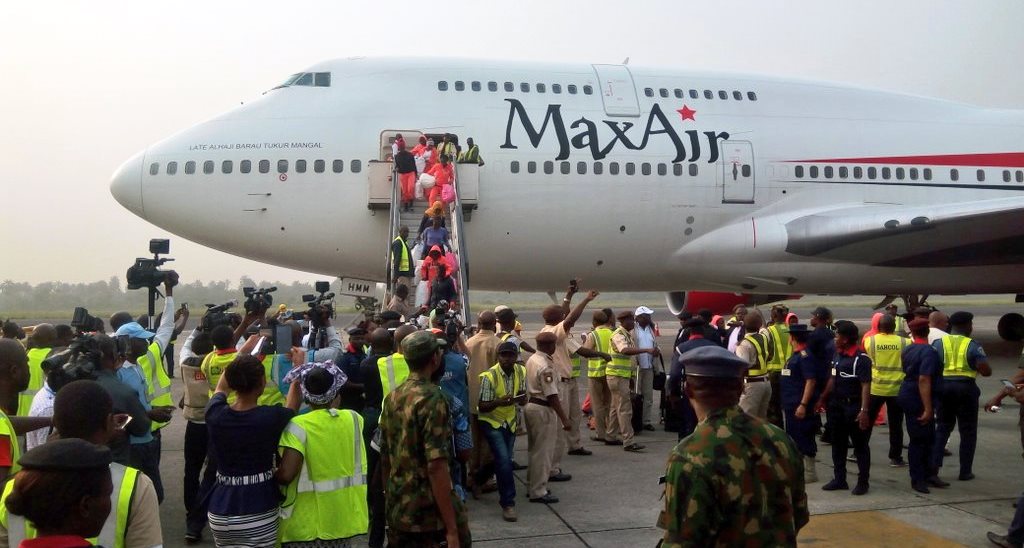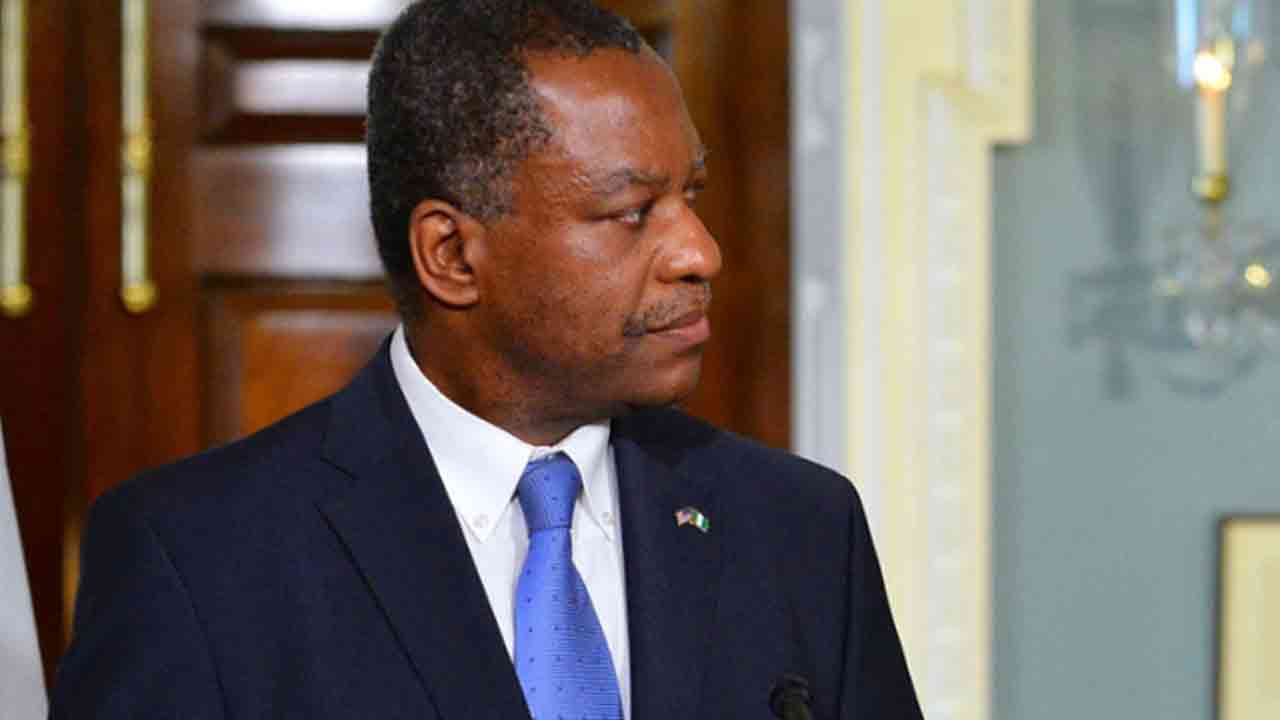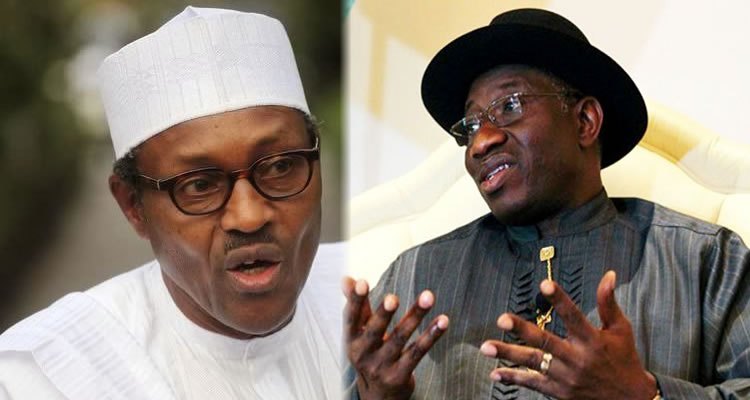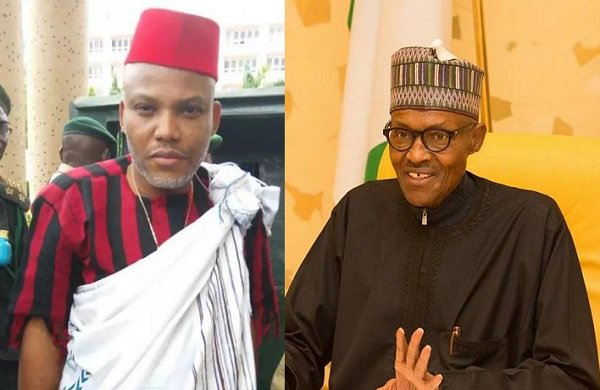The European Union, EU, has denied favouring President Muhammadu Buhari above other candidates during the 2015 Presidential Elections in Nigeria.
Santiago Fisas, the former Chief Observer of the 2015 EU Election Observation Mission (EU EOM), and Member of the European Parliament, said this in Abuja on Sunday while making clarification on EU assessment of the 2015 Elections.
Mr. Fisas said that the EU was more interested in deepening democracy and the electoral process than who emerged as the president.
“The international community is not in favour of any candidate above others,” he said.
He, however, commended former President Goodluck Jonathan for accepting defeat and sacrificing his personal ambition for the interest of Nigerians.
“The election was done in a proper way and I praise former President Goodluck Jonathan for accepting defeat.
“I think it has proved that he is a man of the state, that he put the interest of Nigeria before his own interest.
“That is an example in Nigeria and for many countries in Africa to follow, he accepted that he lost election to another party’’, he said.
Mr. Fisas said that the mission was in Nigeria to assess the present electoral reform process and the extent to which previous EU Election Observation Mission recommendations had been addressed,
He commended the Independent Electoral Commission (INEC) for what it described as its increasing initiatives, including an improved continuous voter registration and the merging of accreditation and voting process for off-cycle elections.
The Mission Head, however, identified areas of failures which he said required urgent attention.
The areas according to him, include, provisions empowering INEC to sanction campaign violations, increase transparency in the publication of results and reinforce policies to better integrate women and youth into political life.
“We know to run for election in Nigeria is quite expensive. We also know that campaign is costly so I believe that political parties should help women in campaigning.
“It is very important to promote the participation of women in politics from the local election.
“Security is important and the people must be free to go to vote.
“It is important that Nigeria merge the accreditation and voting on the same moment, this is important for the comfort of the people,’’ he added.
He also advised political parties to ensure internal democracy by ensuring that their primaries were done in a democratic way,
According to him, it is important to know the background of the candidates and be sure they are the right people to run for election
He commended the National Assembly for the progress made so far in constitutional and electoral amendment.
He, however, called for expedited action of the amendment process, noting “for election reform to be effective, amendments need to be adopted as soon as possible’’.
Mr. Fisas said that there was the need for the implementation to start well before 2019 general election.
He also harped on the need for an inclusive, transparent and credible election, to ensure public and political confidence.
This according to him is crucial for Nigeria’s democracy.
